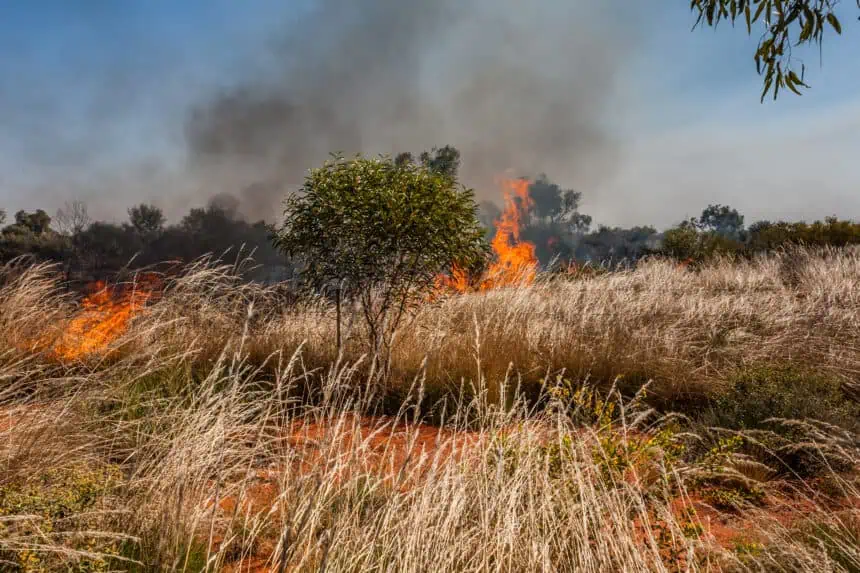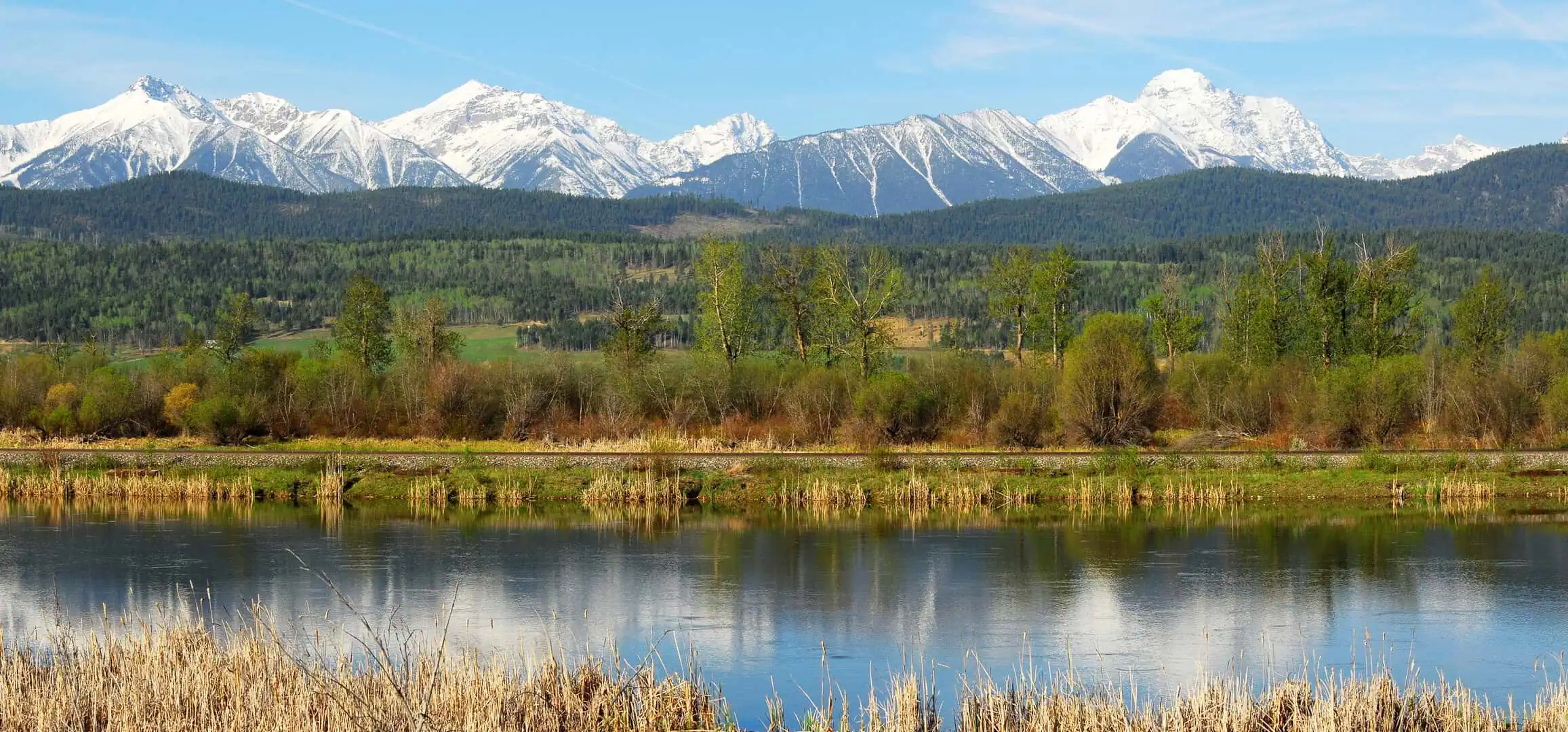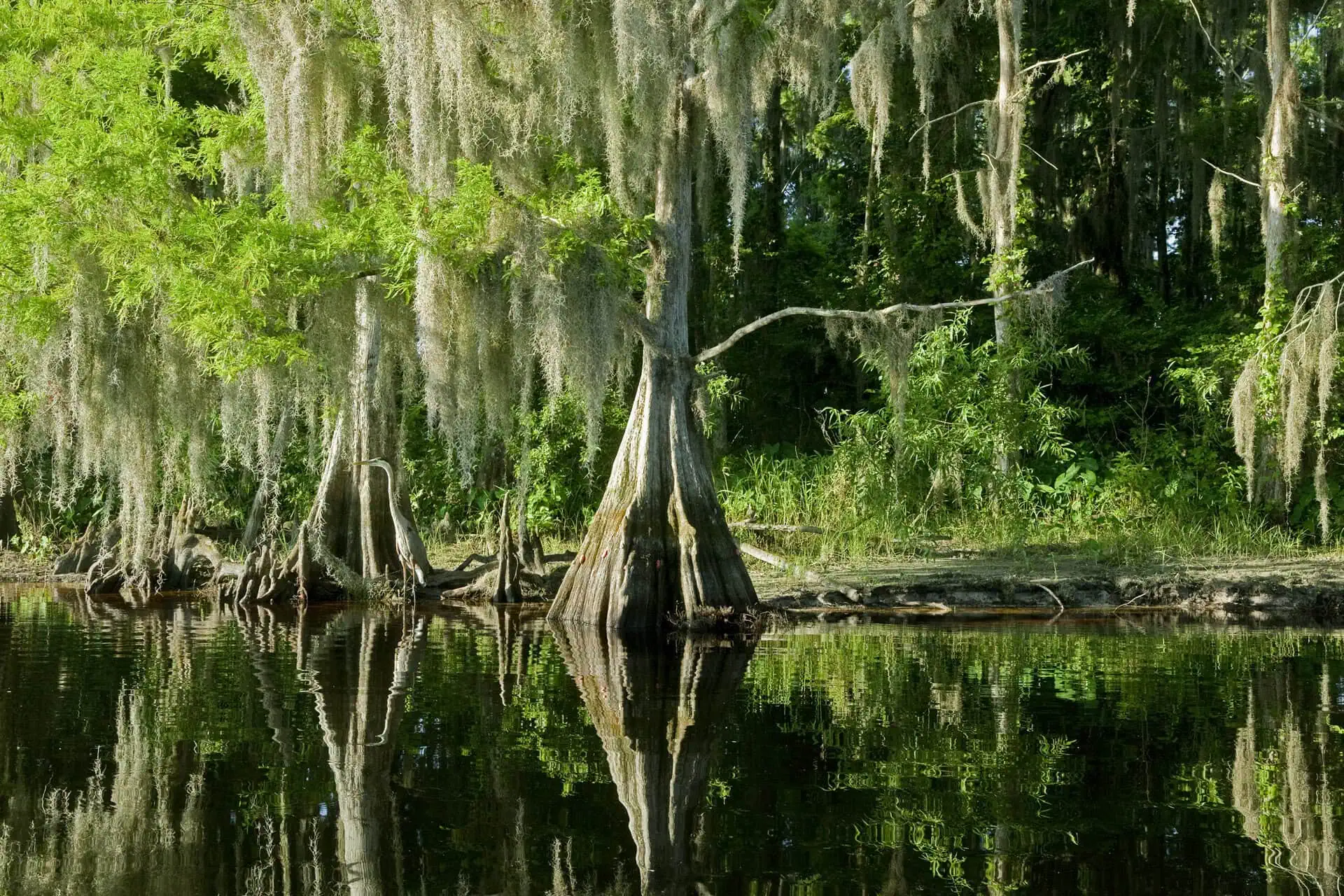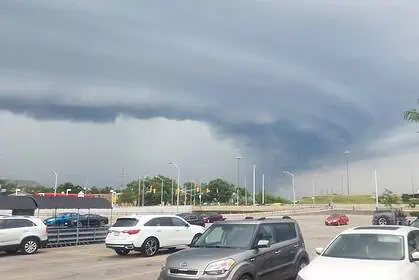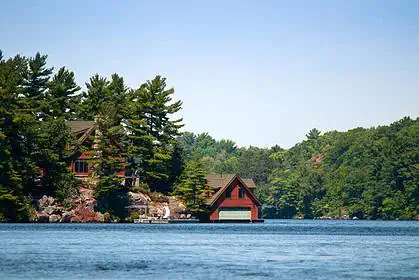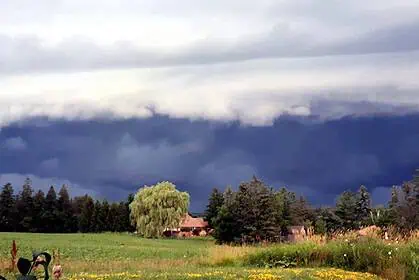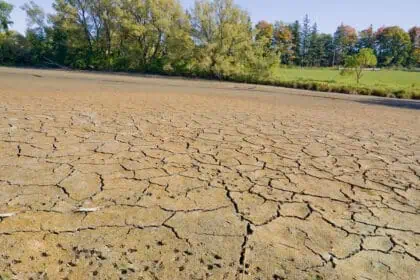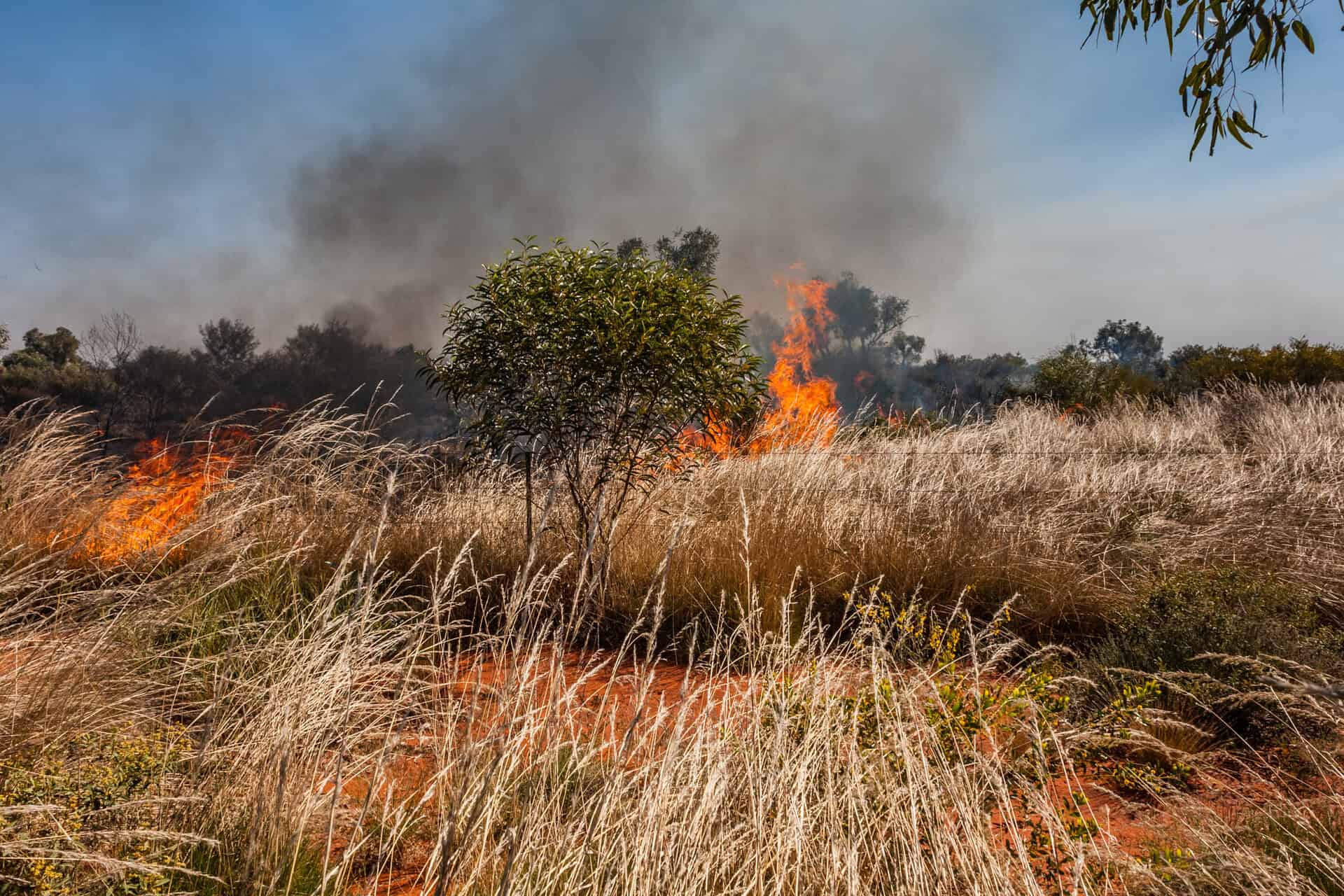
Northern Ontario is facing an alarming trend: wildfires are becoming more frequent, more destructive, and more widespread. Since 2015, over 2.2 million hectares of land have burned across northwestern Ontario, compared to just 287,000 hectares in the northeast, according to the Ministry of Natural Resources.
The reason behind this widening gap? It’s a complex mix of weather, climate, fuel types, and geography, says Chelene Hanes, a fire scientist at the Great Lakes Forestry Centre in Sault Ste. Marie.
In the northwest, the landscape is drier, influenced by prairie weather patterns that bring fierce thunderstorms, lightning, and sudden shifts in temperature. These storm systems are often the spark behind lightning-caused wildfires. With prolonged drought conditions, vegetation—known as fuels in wildfire science—becomes brittle and more prone to ignition.
The northeast, on the other hand, has a wetter climate and is home to vast peatlands and deciduous forests, which are less flammable. These types of vegetation tend to burn at lower intensities and remain closer to the ground, slowing fire spread and reducing damage.
But in the northwest, the presence of jack pine and black spruce—species that actually rely on fire to regenerate—adds fuel to the flame. These trees carry fire through their crowns, meaning wildfires here spread faster, burn hotter, and consume larger areas. When fires occur too often—say, every 20 years instead of the usual 50 to 100—the natural regeneration process is thrown off balance, leading to long-term ecological instability.
Complicating matters, the thin soils of the northwest dry quickly, making fires easier to ignite and harder to control. In remote areas where people, infrastructure, and property aren’t immediately threatened, officials may allow fires to burn, supporting natural regeneration but also increasing the risk of fires spreading.
Meanwhile, the northeast’s forests, largely part of the Great Lakes–St. Lawrence ecosystem, contain hardwood trees that are naturally more fire-resistant. With more human development in the region, early detection is quicker, reducing the chances for fires to grow out of control.
In 2023 alone, northwestern Ontario lost 324,519 hectares to fire, nearly three times more than the 116,953 hectares burned in the northeast. That year marked an environmental milestone for Canada, with over 15 million hectares scorched across the country—doubling the previous record, said Nathan Gillett, a climate scientist with Environment and Climate Change Canada.
This year, the trend has only intensified. As of early July 2025, the northwest has already seen 381,397 hectares burned, while the northeast reported only 6,856 hectares.
Climate change is undeniably fueling this crisis. Rising temperatures dry out forests faster, leading to larger, more intense fires. Some of these fires are so powerful they’re now generating their own weather systems, like pyrocumulonimbus clouds, which can trigger lightning and new fire outbreaks.
Despite the devastation, Northern Ontario has not yet seen the kind of repeated burn cycles that halt forest regeneration, but experts warn that it’s only a matter of time. “The pace of change is overwhelming,” said Hanes, who’s been studying wildfires since 2008. “It used to be one bad fire year here and there. Now, it’s happening every year—in one province or another.”
According to climate models, while increased rainfall may temporarily offset risk in some areas like the northeast, it will not be enough. The rising heat from climate change will ultimately overpower any short-term moisture gains, dramatically increasing the frequency and intensity of wildfires in Ontario and across Canada.

